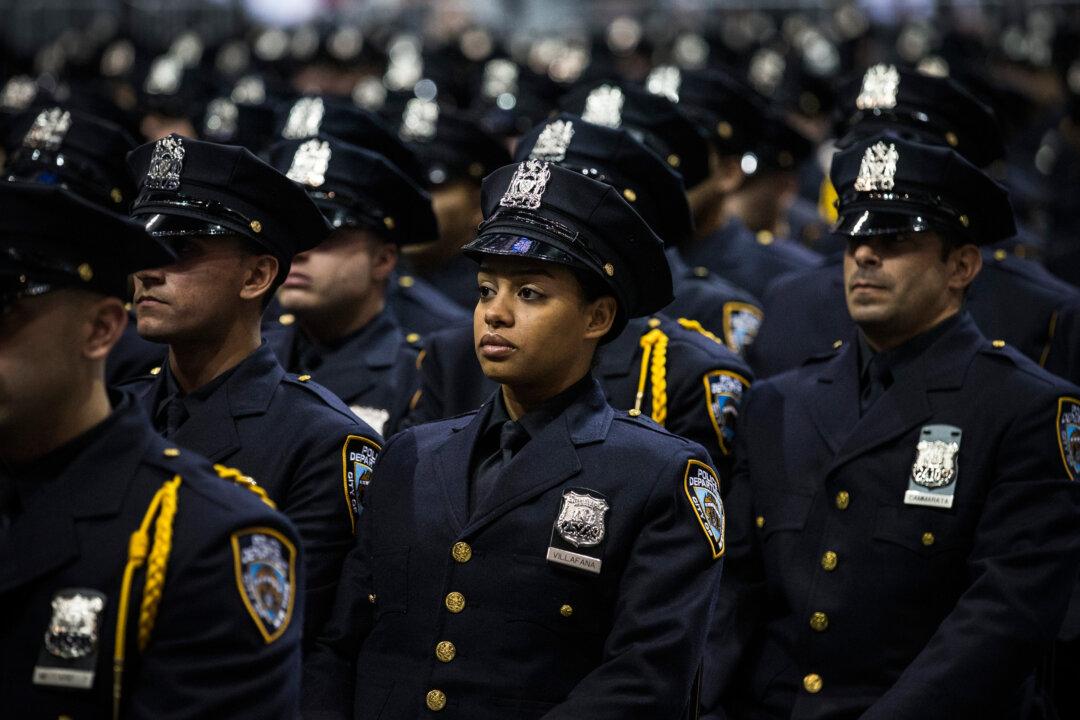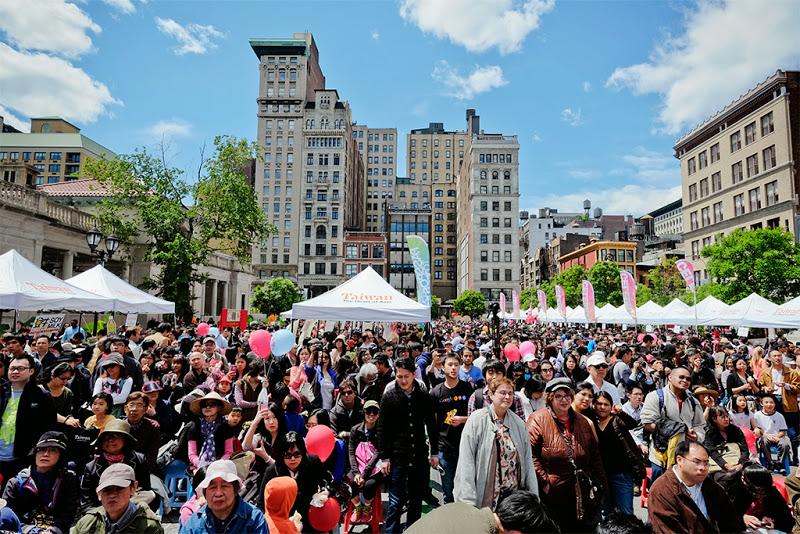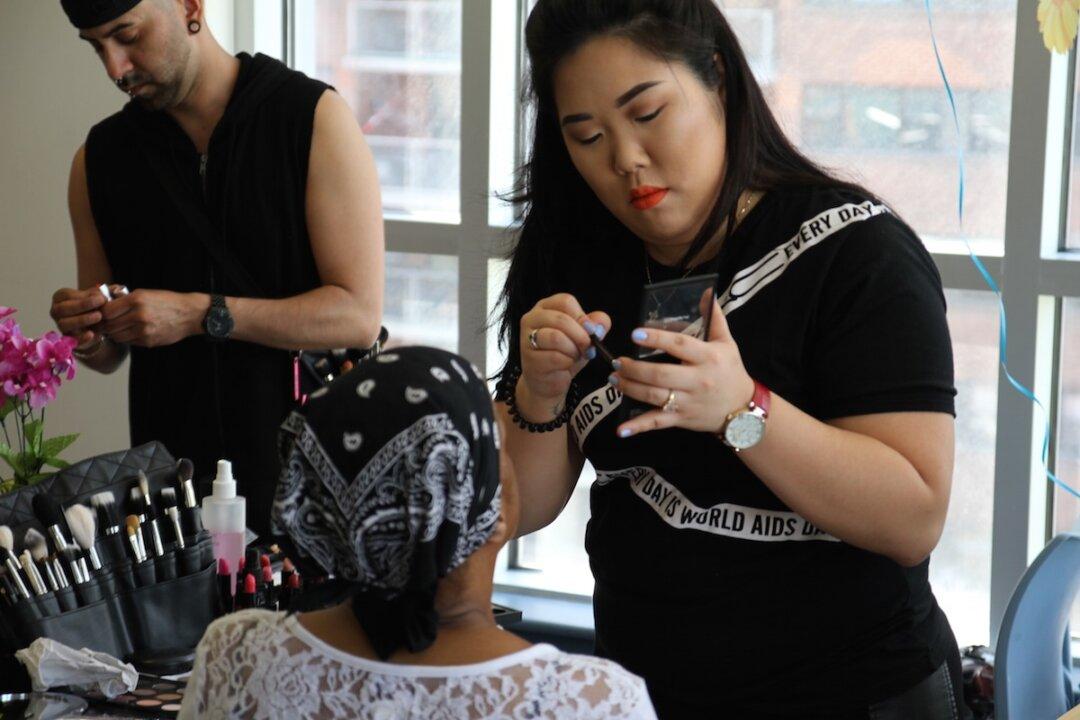Friction between New York City police and city council members has only grown more visible over time amidst ongoing protests over the grand jury decisions in Missouri and Staten Island to not indict white police officers for the tragic deaths of unarmed black men.
Whether there is accountability for police misconduct and whether police are encumbered by the many watchdog agencies from doing police work, are central questions as protests in New York and the rest of the country continue. That the council and police can’t come to a compromise on the answers to these questions only fuels the conflict.
Last week, to the chagrin of New York City’s largest police union, city council members asked for additional measures to monitor police conduct.
These include a request for the Inspector-General of the police department to investigate how cases of police brutality are handled and expanding the Civilian Complaint Review Board. Council members have also staged a protest stating that black lives matter and have several bills in the works for regulating police behavior. The Patrolmen’s Benevolent Association has released a series of statements decrying the council’s actions.
“I am disgusted with the double talk coming out of this City Council,” said PBA President Pat Lynch, “They praise police with words and then take actions that clearly demonstrate their true lack of support.”
As one of two lone voices of dissent, Bronx Council member James Vacca cautioned his colleagues during a related meeting last month that if passed, much of the legislation “would mean that this council is inserting itself, in many times, into the day to day operations of the police department.”
While Vacca spoke at the meeting, his fellow council members sitting beside him chatted with each other, checked their phones, and looked bored. Many spoke up adamantly in defense of the proposed legislation.
A growing rift between police and the city council is far from preferable, as protests sink into chaos on occasion, and questions arise over whether the Staten Island grand jury decision should be challenged.
Oversight
Last week, the council announced a formal request to the newly appointed police Inspector General to investigate how police are dealing with brutality accusations. The Inspector General is a pet project of the City Council’s. The office was created at the end of last year to increase public safety, protect civil rights, and build stronger police-community relations, according to Local Law 70.
The NYPD Inspector General office responded to the request in a statement, “We look forward to receiving the City Council request.” The office had already been reviewing use of force, specifically, chokeholds, for several months, the statement revealed, but would not discuss the investigation until completion.
The council also plans to expand the Civilian Complaint Review Board (CCRB) to more locations, to give the public more opportunities to file complaints about police behavior.





